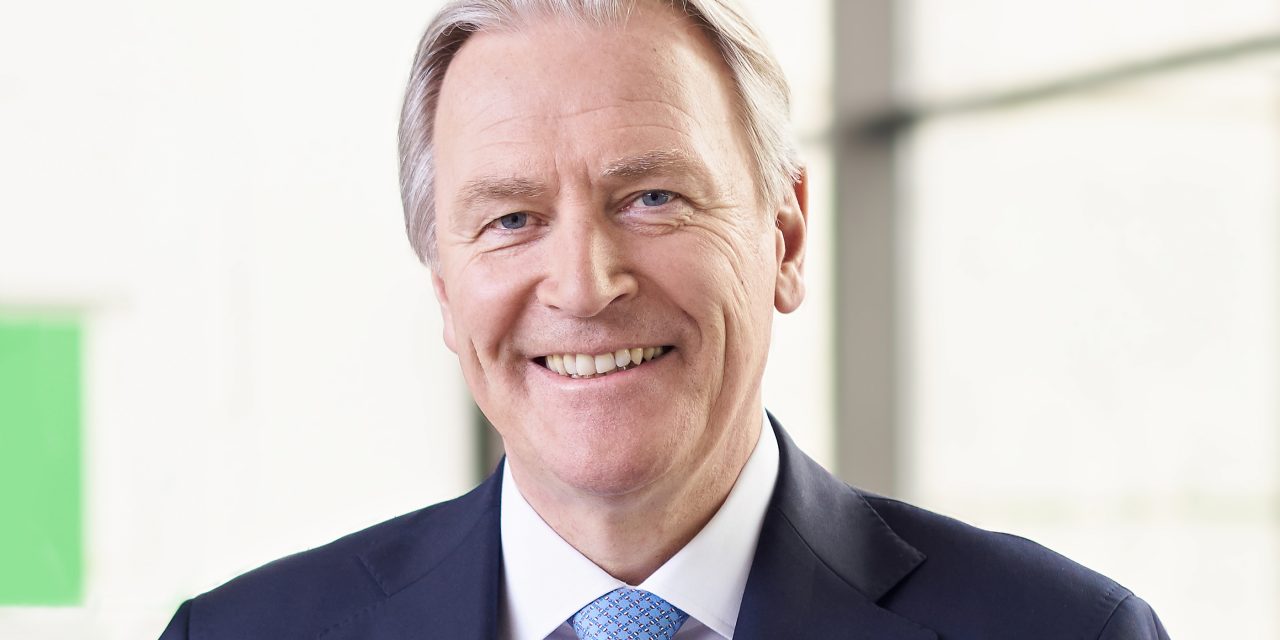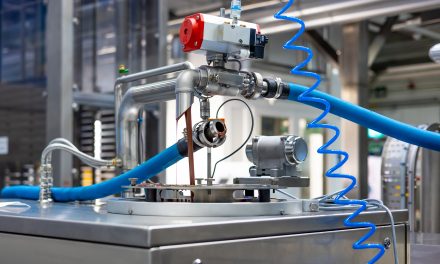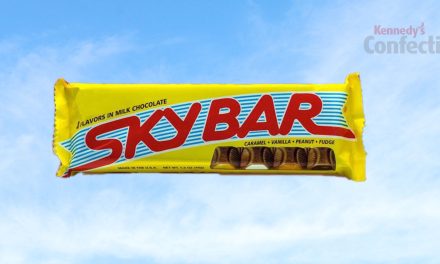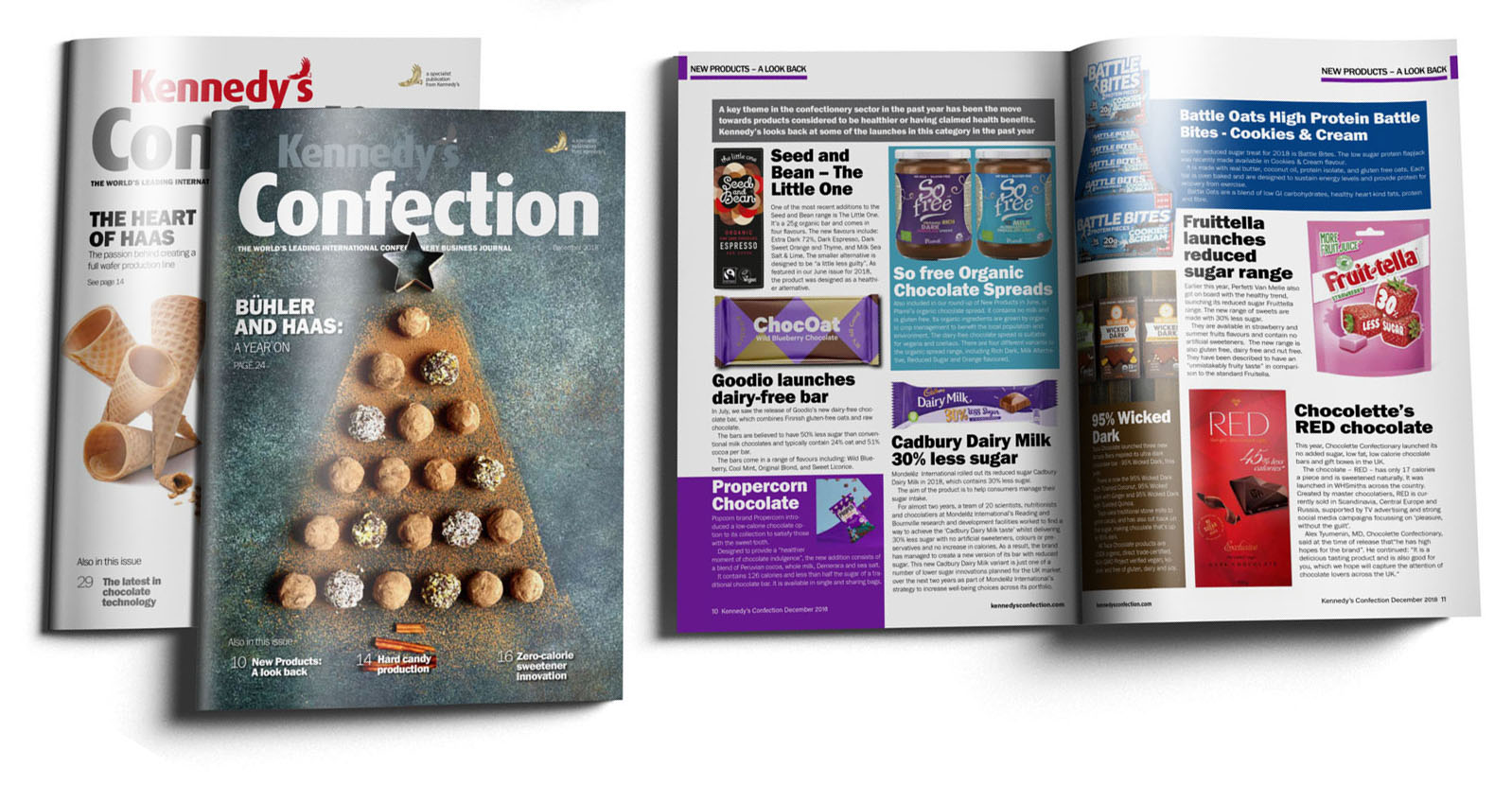Kennedy’s Confection Editor, Kiran Grewal, sits down with Koelnmesse CEO Gerald Böse as he gives his insight on the events sector in the aftermath of the global pandemic.
Could you give us a brief background on your career history, and when you came to be CEO of Koelnmesse?
I have been involved in the international trade fair business for over 30 years. As a trained business economist, I started at Messe München in 1989 and there, as well as at my other trade fair stations in Düsseldorf and Karlsruhe, I got to know the whole range of our industry in Germany and abroad, which for me still offers the most exciting jobs in the world. The variety of topics and the development of the trade fair business into a full-service provider, which I have been able to accompany to this day, has also keep me in good stead here in Cologne. In 2008, I started as CEO at Koelnmesse in a difficult time still marked by the financial and economic crisis. Together with a great team, I succeeded in getting back on track for growth. In 2019, before the pandemic began, we had one of the strongest years in the company’s history with more than 400 million euros in turnover.
What does a typical day in your job role look like?
In addition to the many coordinations, decisions and meetings that challenge me as the boss of around 1,000 employees, the trade fair days are still the highlights of my job. The trade fair business is pure communication, and that also shapes my work routine. So, a typical day at the fair is full of intensive discussions: in the morning, exchanges with the teams responsible for the fair procedures, protocol issues and security. Then the direct contact with the exhibitors in the exhibition halls, which cannot be replaced by anything else. Trade fairs remain peoples’ business, despite all digital developments. And finally, the event is full of events, be it professional meetings or press conferences in which I am involved as a speaker and discussion partner, or in the evening, the get-together with the customers that concludes the trade fair day and offers us socialising as an important part of the trade fair experience.
“Digitalisation is a megatrend that gives us an answer to the question of the trade fair of tomorrow“
Gerald Böse, KOELNMESSE CEO
With the recent coronavirus challenges, what was the process for organising the recent ProSweets/ISM event in Cologne?
First of all, as usual, we started planning for ISM and ProSweets Cologne last year, so that the starting signal for registrations was given regularly in spring. Right from the start, we had a good registration rate for both events and on this basis, we were able to look confidently in the direction of the 2022 fairs. At the time, we also directly assumed that we would have to continue planning under Corona conditions. Therefore, from the very beginning, we implemented the hall planning in line with our comprehensive #B-SAFE4business hygiene and safety concept to ensure the highest level of safety. We all know that in autumn 2022 the pandemic came to a head again, which led to some cancellations from the exhibitor side. In December, we laid our cards on the table together with the industry and decided, on the basis of the continuing good level of registrations and our comprehensive safety package, to hold on to ISM and ProSweets Cologne. German politics has also approved trade fairs with a clear business focus.
Being the first B2B event this year, were you pleased with how ProSweets/ISM went?
ISM ended with around 15,000 trade visitors from 100 countries and ProSweets Cologne with around 6,000 participants from over 60 countries. Given the general conditions, we are absolutely satisfied with this result. This is not least thanks to the exhibiting companies that took part in both fairs. Of course, we did not expect a trade fair of superlatives and new records, but the holding of ISM and ProSweets Cologne 2022 illustrates once again that trade fairs with a clear business focus are certainly feasible in times of pandemic and offer their respective industries the urgently needed stage for establishing and expanding international business.
Why is Koelnmesse such an important trade fair events organisation, and what makes it stand out from the rest?
With our approximately 400,000 m² of indoor and outdoor exhibition space, we are located as a city fair in the middle of Europe and in the immediate vicinity of Cologne city centre. Thanks to our size and turnover figures, we are among the top ten in the world. Before the Corona pandemic, 55,000 exhibitors and around 3 million visitors regularly took part in Koelnmesse events. At the same time, the internationality of our trade fairs is one of the highest in the world: on average, more than 70% of the exhibitors and more than 40% of the visitors came from abroad. We stand for competence in the fields of “Food and Nutrition Technology” with world-leading trade fairs such as Anuga and ISM.
For the many companies in our sectors, trade fairs are enormously important as it can be a method to quickly overcome the economic consequences of the pandemic.
Have restrictions eased for Germany and which other events are you particularly looking forward to and why?
Trade fairs are once again taking place successfully at many venues around the world. Processes are functioning almost as they did before the pandemic, while the numbers of exhibitors and visitors are also on the rise. The traditionally strong trade fair country of Germany has been active again for quite some time now and is ready for more trade fairs to welcome exhibitors and visitors from Germany and abroad. The German federal government has reconfirmed this in the past few days with the announcement that it will be further loosening the imposed restrictions.
German policymakers are now extending the prospect of further loosening the imposed restrictions. This confirms our stance of not hesitating and simply organising trade fairs again. We will continue to pursue this approach. The announced loosening of measures provides Koelnmesse and the entire trade fair industry with the welcome perspective we urgently need. This gives us along with our exhibitors and visitors the necessary planning security we need to make adequate preparations.
In Cologne, we are looking forward to our next events: h+h cologne (18-20 March 2022), Anuga FoodTec (26-29 April 2022) as well as trade fairs abroad and guest events in Cologne.

How is digitalisation shaping the future of the event space?
Digitalisation is a megatrend that gives us an answer to the question of the trade fair of tomorrow. Few want purely digital trade fairs, but digital offerings as fixed components of new hybrid formats are very much desired. We are now increasingly offering these – also at major physical events such as Anuga, which was back at the start for the first-time last autumn. They combine the live experience in the halls, which everyone wants again, with digital participation and completely new services for our exhibitors. But also with a previously unknown reach, with online access worldwide and beyond the usual duration of the trade fair up to 365 days a year. Our strategic focus is on increasing the digital reach; hybrid events, also over longer periods of time, are the future. In this way, our trade fairs reach a worldwide audience of millions beyond the protagonists on site.
Many events have been cancelled and rescheduled since the pandemic, how has this impacted Koelnmesse?
The trade fair industry is suffering greatly from the ongoing pandemic: we are now experiencing massive drops in turnover for the third year and high annual losses of up to triple-digit millions for the large companies with their own exhibition centres – as is the case in Cologne. And it is not only the trade fair companies that are affected, but also many sectors of the economy closely linked to the event business, from the hotel and catering industry to forwarding agents, stand builders and agencies.
As organisers, we must now quickly prove that we can and will once again fulfil our role as the engine and navigation system of the global economy in the future. We must restore confidence. I see it as our duty, especially for smaller companies and SMEs, to return their trade fairs as access to international business as quickly as possible.
In 2020, Koelnmesse’s turnover was 94 million euros and the net loss for the year was close to 100 million euros. In 2021, the provisionally determined turnover reached around 130 million euros. Thanks to the good trade fair results in autumn and the staging of the Vaccination Centre in our Cologne exhibition halls, but also as a result of significant cost-cutting measures, the loss will remain below 100 million euros. By comparison: In the record year 2019, Koelnmesse had a turnover of 413 million euros and made a profit of more than 30 million euros.
Could you tell us more about the plans for modernisation and new buildings by 2034? What does this hope to achieve?
The fusion of conference and exhibition, the desire to stage topics with a more intensive variety of experiences, complex media technology and a modern IT infrastructure are requirements for Koelnmesse’s sustainable competitiveness and thus clear components of our Koelnmesse 3.0 investment programme.
The Confex® stands for the realisation of future requirements for the trade fair business in a special way and, with its structural and technical qualities, will be a blueprint for trade fair formats in the post-Corona era and will decisively support us in positioning ourselves in the future trade fair world. Thanks to the flexible use of its conference rooms of different sizes and the interplay with the recently completed Hall 1, Confex® enables a combination of trade fair, congress and event and thus provides space for new trade fair formats. The special requirements of the events of the future in terms of flexibility, digital potential, efficiency and emotionality are met, and hybrid trade fairs with digital displays are made possible. At the same time, with the realisation of Confex®, Cologne will for the first time have congress capacities in the range of around 5,500 people and thus enable the acquisition of new events for the location. It will also bring massive location effects for Cologne and the region from the sustainable securing of trade fair operations as well as from new events outside the strong trade fair periods with new target groups.
With our Koelnmesse 3.0 investment programme, we are consistently driving forward our goal of making our trade fair grounds fit for the future. In addition to the transformation of our exhibition grounds through renovation and new construction measures, we have also digitalised many areas of our infrastructure. With our logistics management system eSlot, for example, we have introduced a completely digital system that enables logisticians, forwarders and exhibitors to register their entire logistics traffic for the set-up and dismantling of a trade fair in advance. In addition to the booking system, eSlot includes the up-to-the-second interaction of a navigation app and digital traffic management. This enables Koelnmesse to offer just-in-time logistics and eliminates waiting times – previously an annoyingly high-cost factor for exhibitors.
What is the best advice you have received?
This was not advice, but a clear joint realisation at the beginning of the year in the Koelnmesse management circle. Faced with the question of how we as trade fair organisers intend to continue to counter the pandemic, which is now entering its third year, our answer was: “Don’t dither, do trade fairs!”
And we successfully held ISM and ProSweets Cologne at the end of January before anyone else in Germany. It was the right decision in view of the exciting trade fair year 2022 that is now coming.
Editorial contact:
Editor: Kiran Grewal kgrewal@kennedys.co.uk







